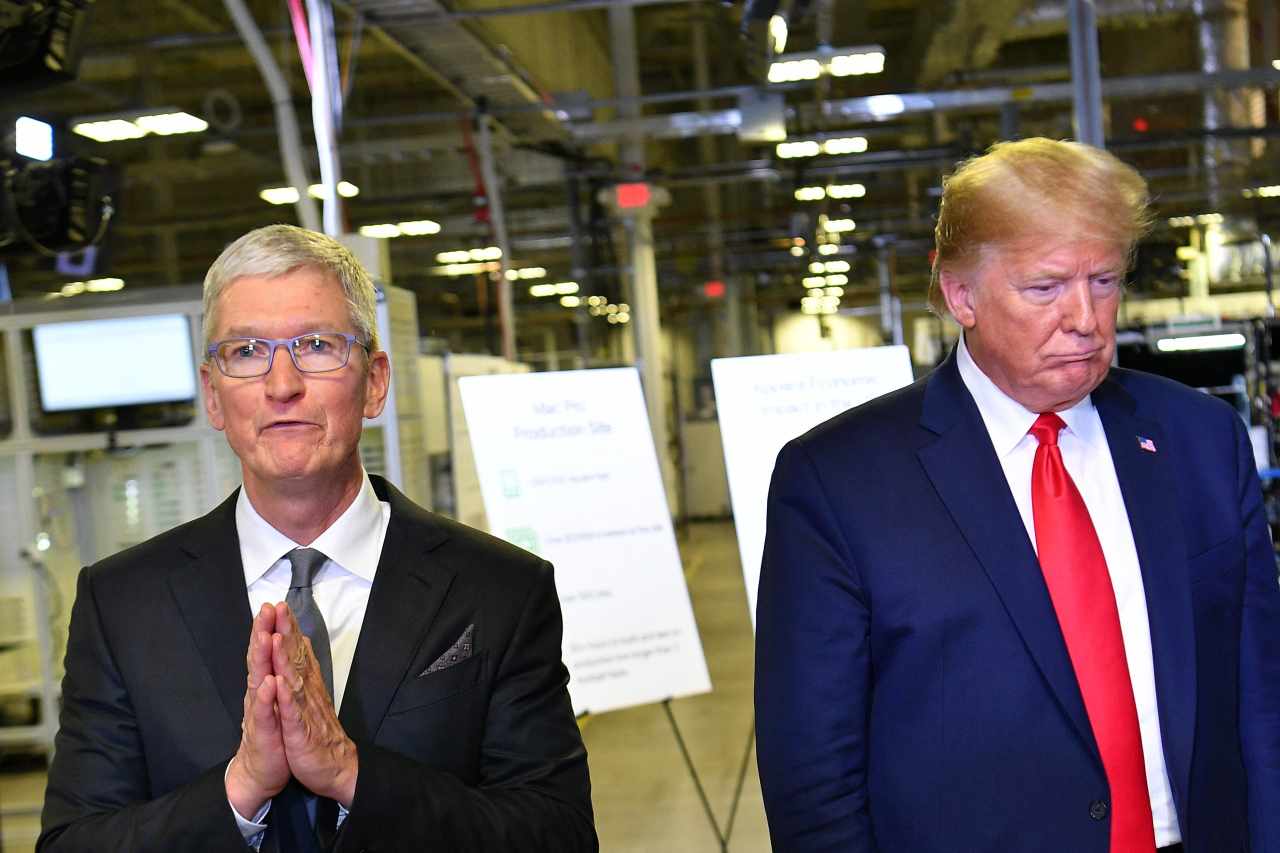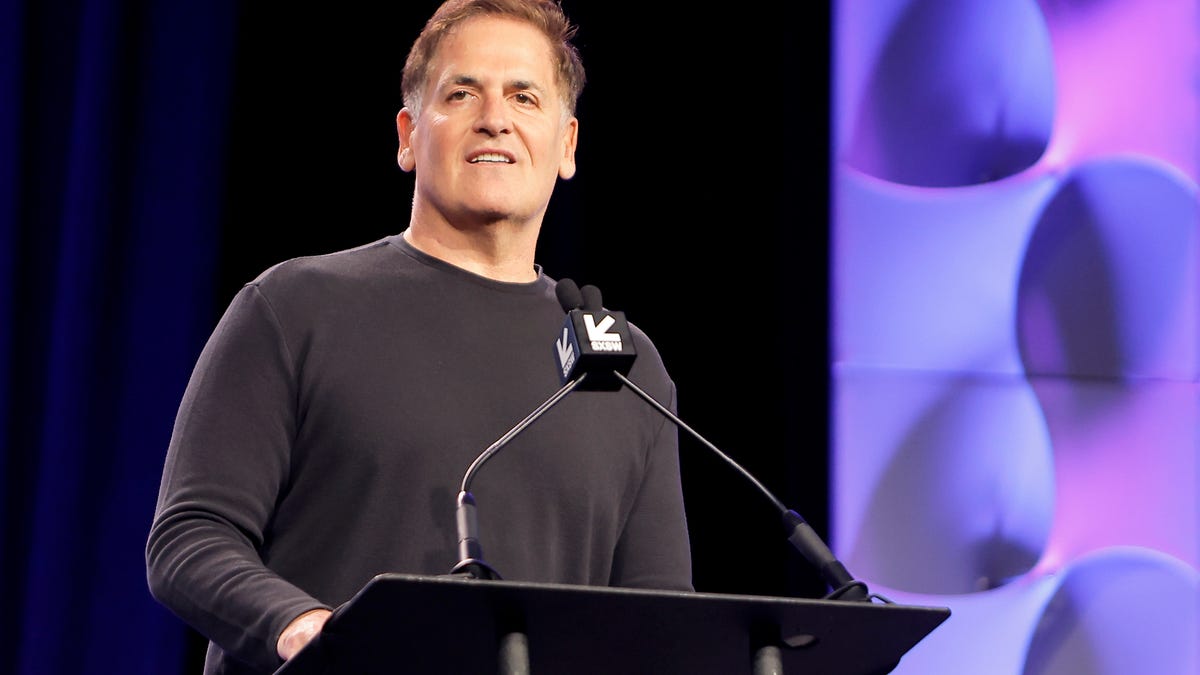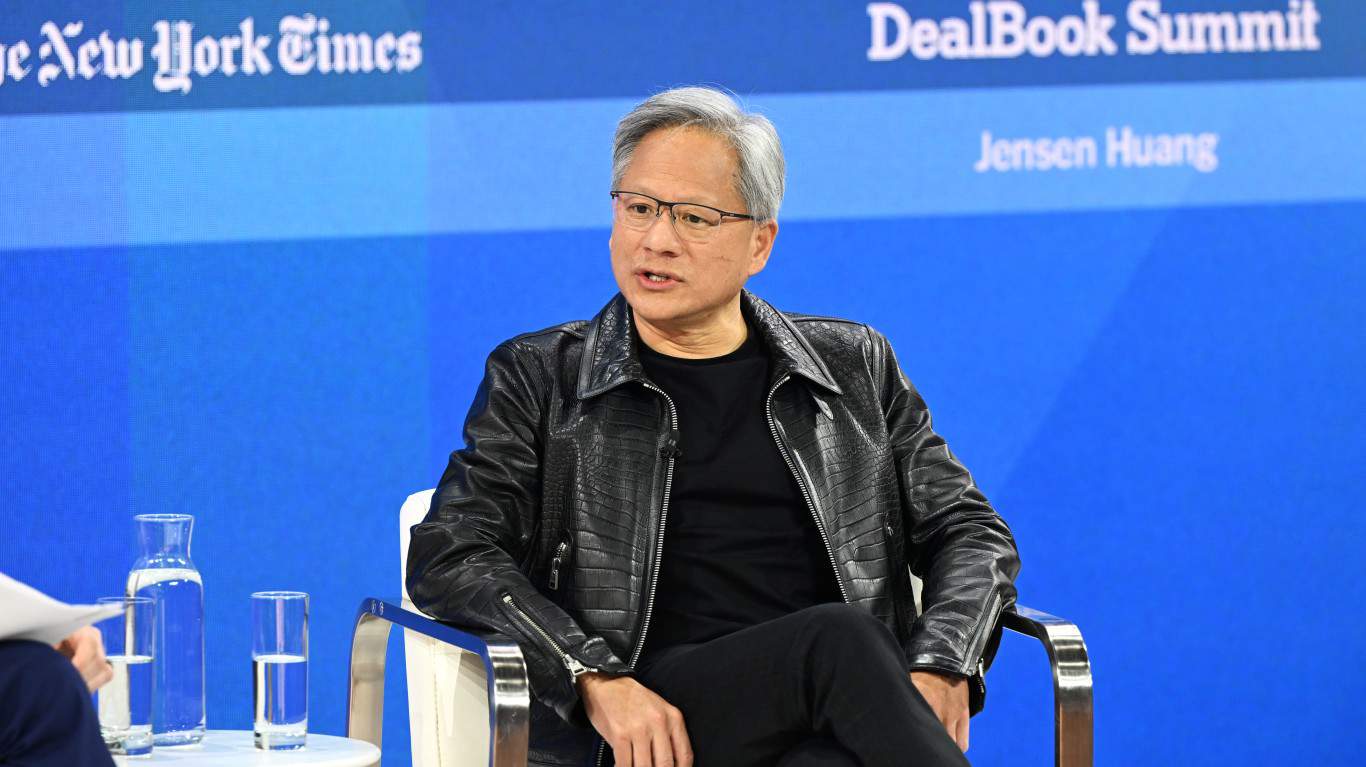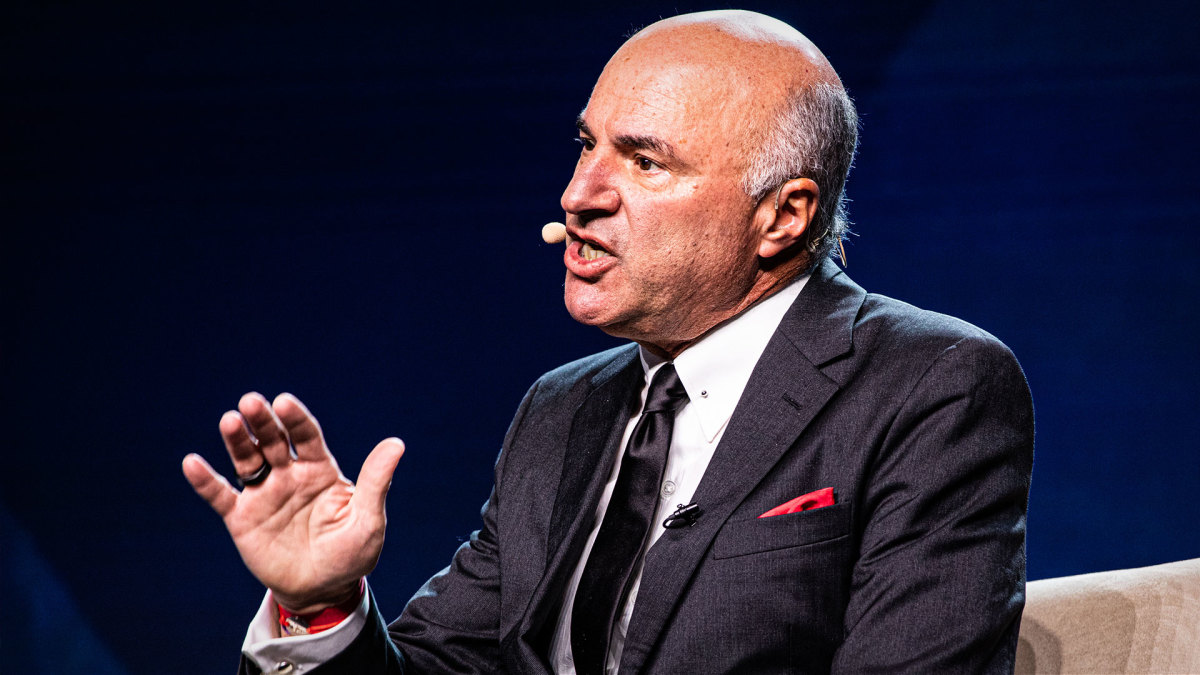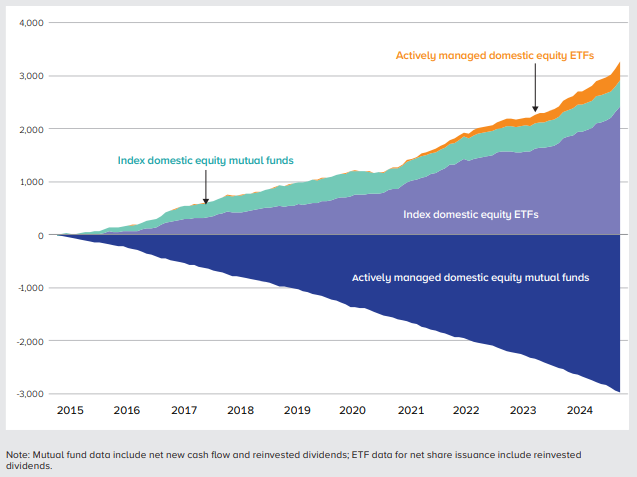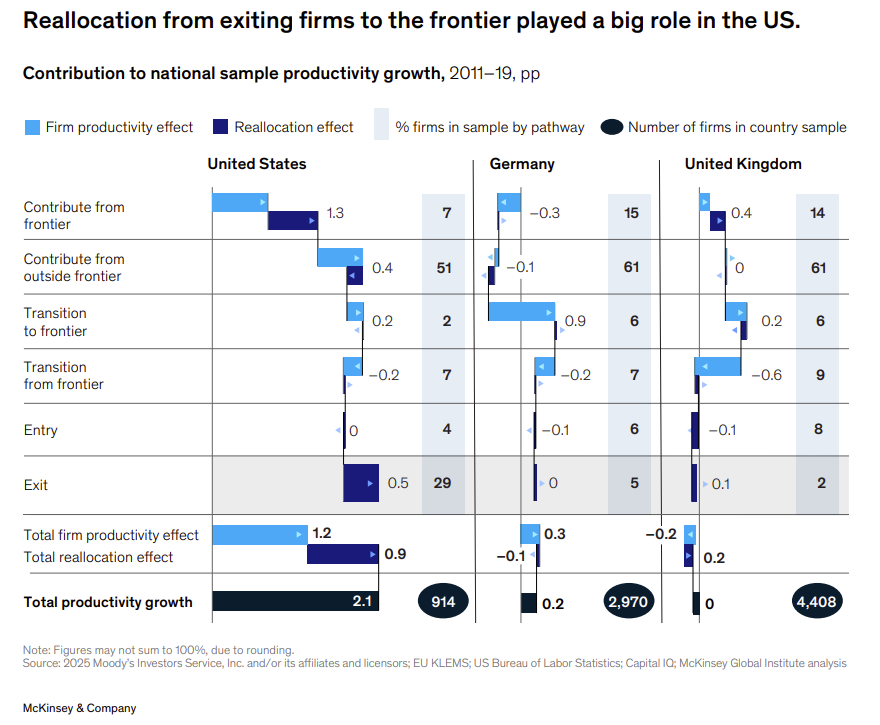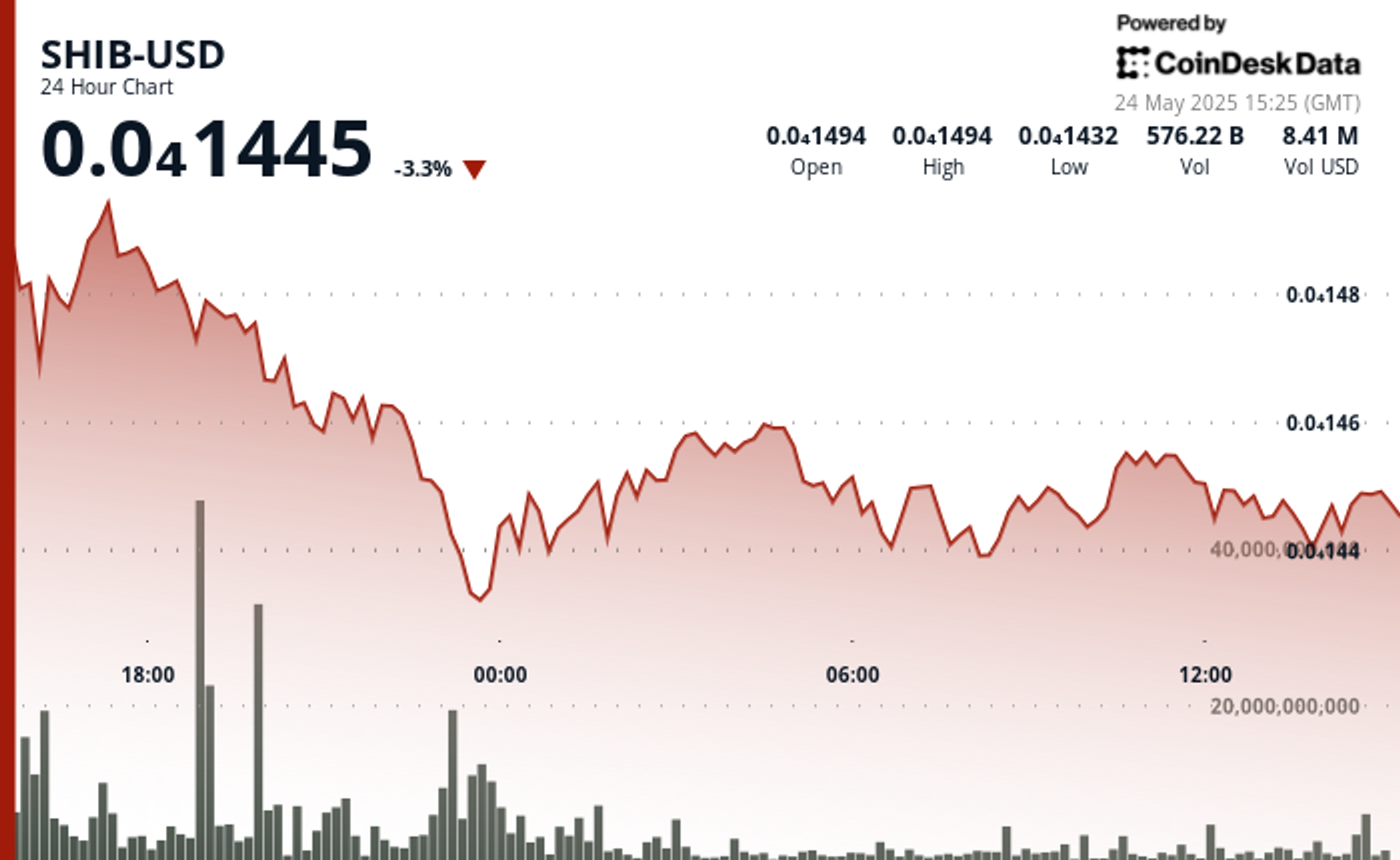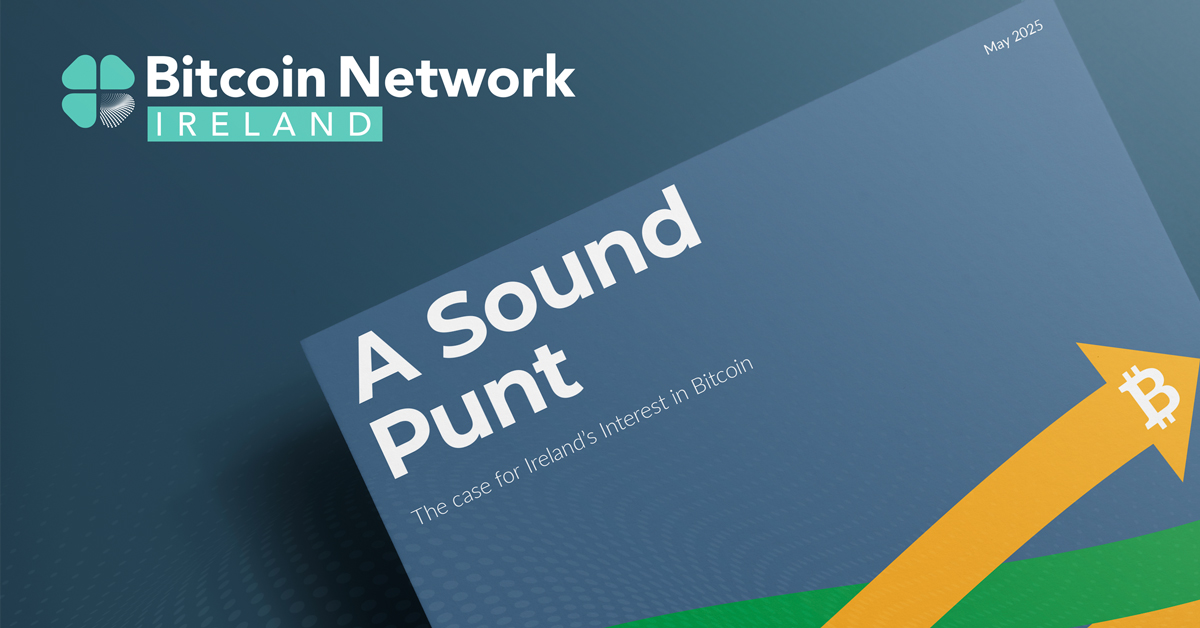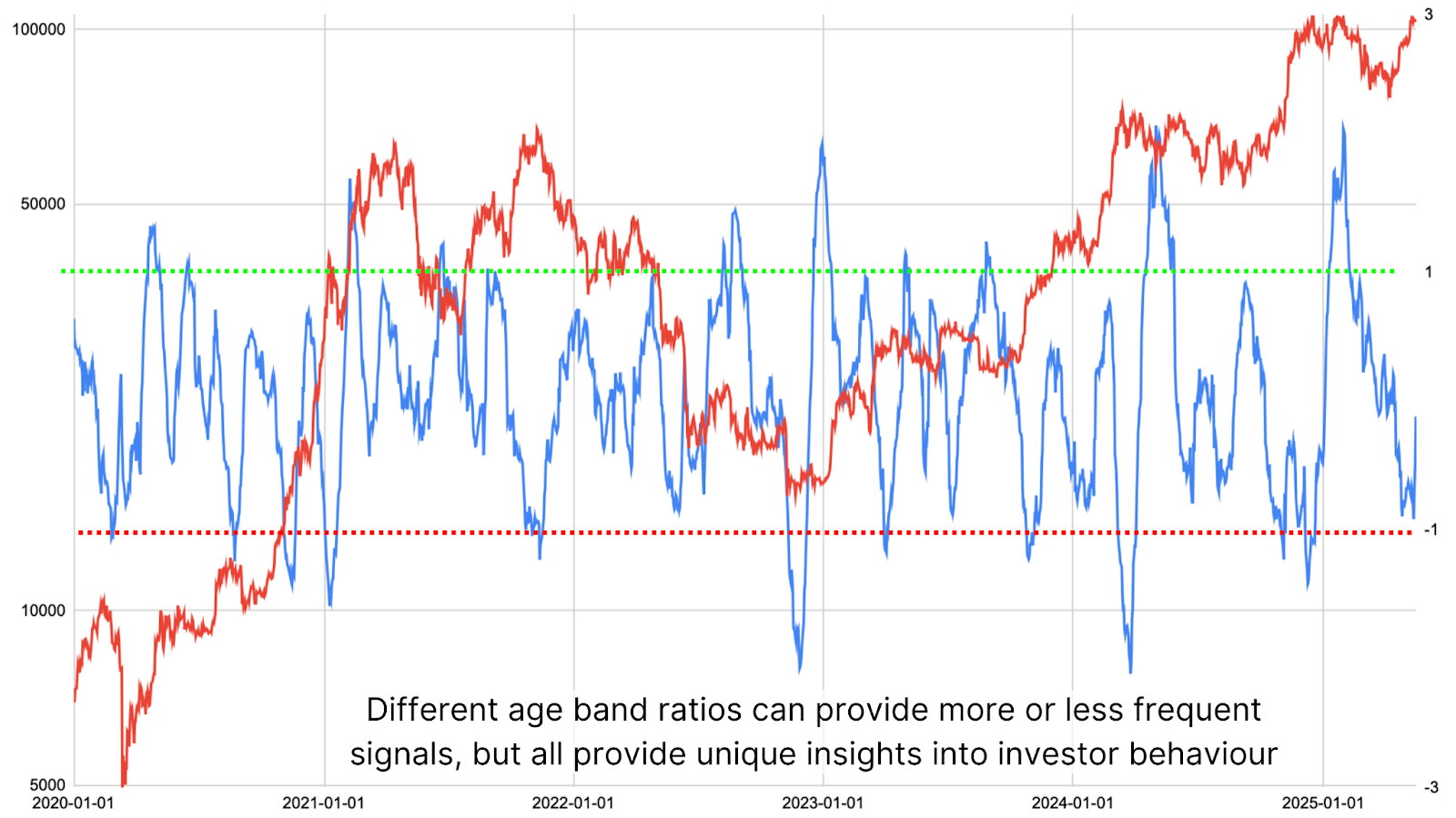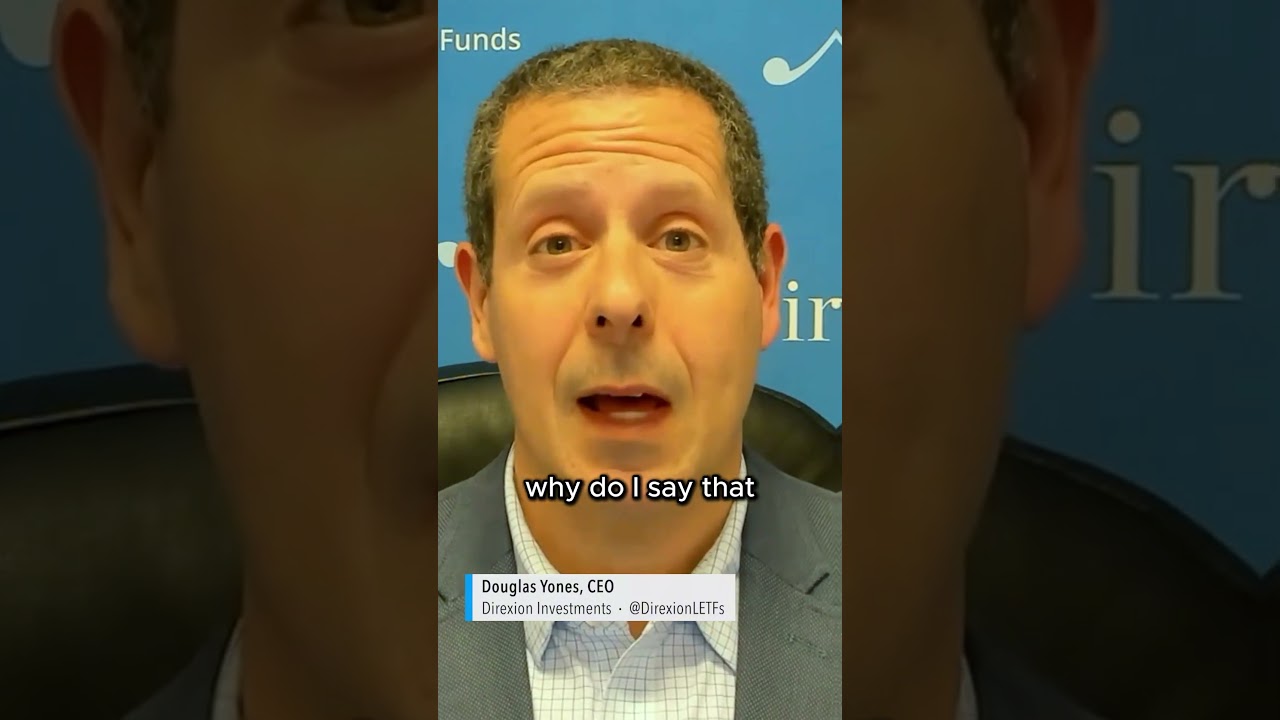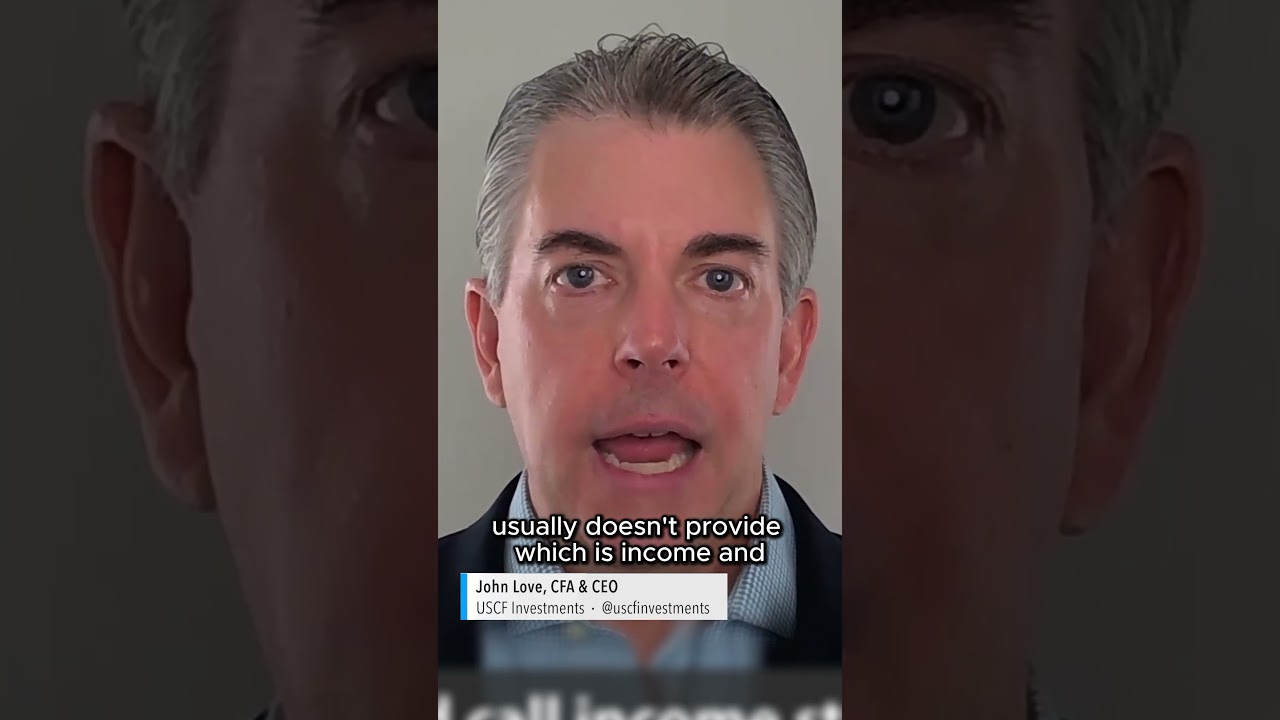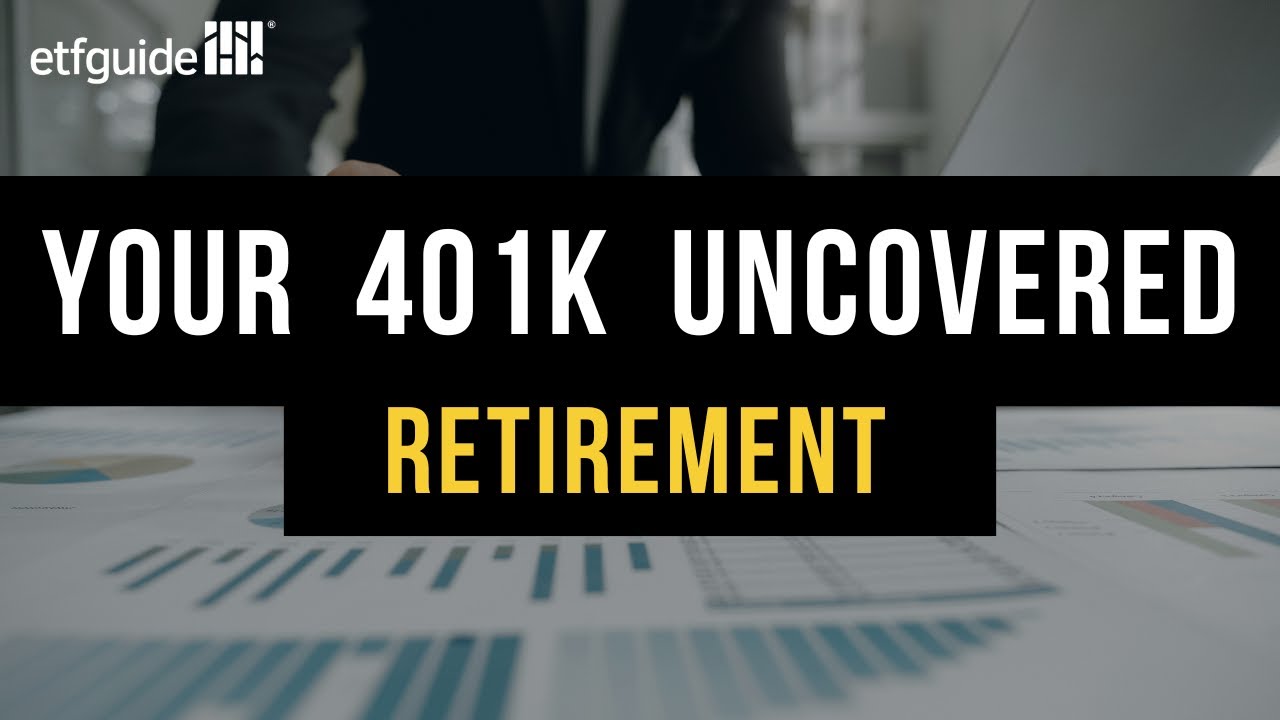Peter Lynch’s Take: Why Hedging the Market Often Backfires
Peter Lynch is a well-known investor who managed the Magellan Fund at Fidelity for 13 years. His successful investing enabled him to retire at the age of 43, and he’s widely respected for his skill as The Magellan Fund significantly outearned the S&P 500 during his tenure, producing returns that were more than twice the […] The post Peter Lynch’s Take: Why Hedging the Market Often Backfires appeared first on 24/7 Wall St..

Key Points
-
Famed investor Peter Lynch Lynch thinks investors lose more money trying to plan for corrections than the corrections themselves would have cost them.
-
He’s against market timing and believes in investing for the long term.
-
He believes that despite market turbulence, good quality companies will prevail in the end.
-
Are you ahead, or behind on retirement? SmartAsset’s free tool can match you with a financial advisor in minutes to help you answer that today. Each advisor has been carefully vetted, and must act in your best interests. Don’t waste another minute; get started by clicking here.(Sponsor)
Peter Lynch is a well-known investor who managed the Magellan Fund at Fidelity for 13 years. His successful investing enabled him to retire at the age of 43, and he’s widely respected for his skill as The Magellan Fund significantly outearned the S&P 500 during his tenure, producing returns that were more than twice the gains of the S&P (which is often used as a benchmark for market performance as a whole).
Lynch has given a lot of investment advice over the years, but some of his best advice centers around mistakes people make– including trying to time the market. In fact, Lynch made clear that he believes “Far more money has been lost by investors preparing for corrections, or trying to anticipate corrections, than has been lost in corrections themselves.”
So, why is Lynch so against trying to time the market? There are some good reasons for his sound advice.
Why does Lunch think timing the market is bad?
Lynch made his famous comment about market corrections in a September 1995 interview with Worth magazine. He also provided an example that shows why aiming to anticipate corrections is such a problem. As he explained, an investor who had stayed fully invested in the S&P 500 for 40 straight years starting from 1954 would have earned an 11.4% ROI.
However, if an investor had been out of the market for only 10 months out of 40 years, or 2% of the total time, then his returns would have been just 8.3% — or 27% less than if he’d been invested the full time. If he missed the best 20 months, things were even worse, with the investor earning just 6.1% or 54% less. And the investor who missed the 40 best months out of 40 years would have seen a 76% decline and earned only 2.7% — a rate barely likely to help them keep pace with inflation.
Obviously, the problem with trying to anticipate and respond to corrections is that you do not know when the best months of the market will be. Even most experts have a hard time predicting exactly what is going to happen in the market.
Its post-COVID performance is a great example of that, as it took just four months for the market to recover after a dramatic drop. It was the fastest market recovery in 150 years, which would have been hard to predict given the massive economic chaos that was still ongoing.
What should you do instead?

Instead of trying to time the market, Lynch recommends a very solid alternative strategy, and it is one that has been proven successful time and again. You should buy investments and be patient, investing over the long term and holding your positions for years.
Not only does this eliminate the problem of trying to time when a correction will occur, but it also gives time for the companies that you have invested in to reach their full potential, since investments can often take time to realize their full potential.
If you have invested in companies that have sustainable advantages and solid fundamentals, Lynch believes those companies will ultimately succeed over the long term, but you could miss out on benefiting from that if you respond to every short-term swing in the market.
The good news is, Lynch’s advice is easy to follow, and it makes investing simpler. You just need to find the right mix of assets, invest in them, hold onto them, and not panic about bad market news, but instead stay the course.
A financial advisor can help you find those solid investments and build a portfolio with the asset allocation that’s best for you, and that gives you the greatest chance of maximizing your ROI so you can build wealth. Find an advisor who will help you follow Lynch’s sound advice and who puts your interest first, and you’ll be on the fast track to financial success.
The post Peter Lynch’s Take: Why Hedging the Market Often Backfires appeared first on 24/7 Wall St..



























